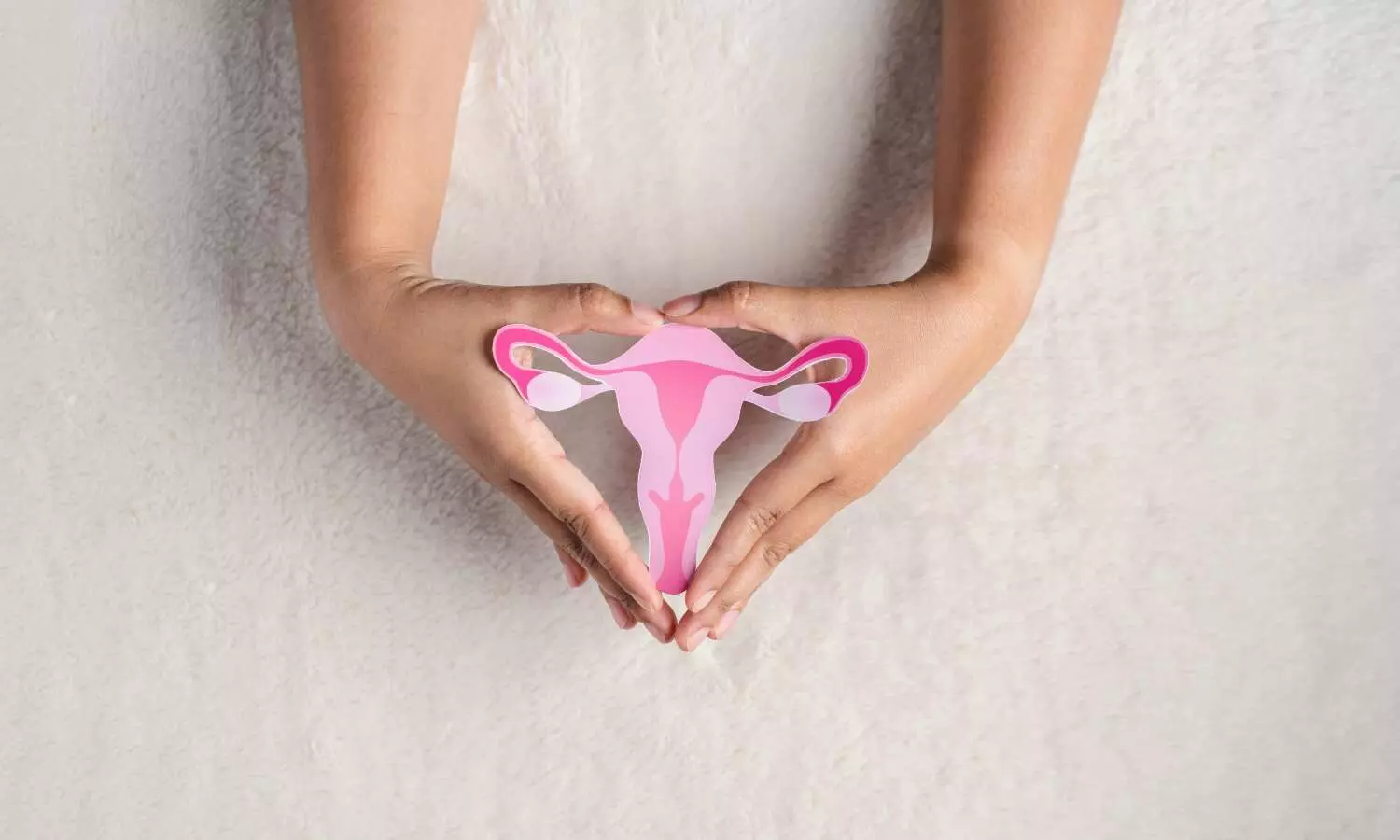- Home
- Medical news & Guidelines
- Anesthesiology
- Cardiology and CTVS
- Critical Care
- Dentistry
- Dermatology
- Diabetes and Endocrinology
- ENT
- Gastroenterology
- Medicine
- Nephrology
- Neurology
- Obstretics-Gynaecology
- Oncology
- Ophthalmology
- Orthopaedics
- Pediatrics-Neonatology
- Psychiatry
- Pulmonology
- Radiology
- Surgery
- Urology
- Laboratory Medicine
- Diet
- Nursing
- Paramedical
- Physiotherapy
- Health news
- Fact Check
- Bone Health Fact Check
- Brain Health Fact Check
- Cancer Related Fact Check
- Child Care Fact Check
- Dental and oral health fact check
- Diabetes and metabolic health fact check
- Diet and Nutrition Fact Check
- Eye and ENT Care Fact Check
- Fitness fact check
- Gut health fact check
- Heart health fact check
- Kidney health fact check
- Medical education fact check
- Men's health fact check
- Respiratory fact check
- Skin and hair care fact check
- Vaccine and Immunization fact check
- Women's health fact check
- AYUSH
- State News
- Andaman and Nicobar Islands
- Andhra Pradesh
- Arunachal Pradesh
- Assam
- Bihar
- Chandigarh
- Chattisgarh
- Dadra and Nagar Haveli
- Daman and Diu
- Delhi
- Goa
- Gujarat
- Haryana
- Himachal Pradesh
- Jammu & Kashmir
- Jharkhand
- Karnataka
- Kerala
- Ladakh
- Lakshadweep
- Madhya Pradesh
- Maharashtra
- Manipur
- Meghalaya
- Mizoram
- Nagaland
- Odisha
- Puducherry
- Punjab
- Rajasthan
- Sikkim
- Tamil Nadu
- Telangana
- Tripura
- Uttar Pradesh
- Uttrakhand
- West Bengal
- Medical Education
- Industry
Recombinant human thyrotropin preferred option for RAI in predominantly intermediate-risk differentiated thyroid cancer: JAMA

A new groundbreaking study revealed that recombinant human thyrotropin (SNA001) is as efficient as thyroid hormone withdrawal (THW) plus 3.7 GBq radioactive iodine (RAI) in individuals with intermediate-risk differentiated thyroid cancer. The study results were published in the journal JAMA Network Open.
Differentiated thyroid cancers constitute a major portion of thyroid cancers. Surgery, postoperative radioactive iodine (131I or RAI) therapy, and personalized thyroid hormone therapy are some of the treatment modalities for thyroid cancers. Previous guidelines recommended routine RAI therapy for patients with intermediate- or high-risk DTC and recombinant human thyrotropin instead of undergoing thyroid hormone withdrawal (THW) for low- or intermediate-risk- DTC. RAI dose is another important issue in the management of DTC as greater therapeutic efficacy but also a higher incidence of adverse effects. As there is ambiguity on the appropriate dose of RAI for patients with intermediate-risk DTC, researchers from China conducted a trial to compare the efficacy and safety of recombinant human thyrotropin (SNA001) with thyroid hormone withdrawal (THW) plus 3.7 GBq RAI in patients with intermediate-risk DTC.
An open-label, non-inferior, phase 3 randomized clinical trial was conducted at 19 sites in China from April 16, 2020, to September 9, 2021, with a follow-up period of 8 months. Patients aged 18 to 70 years with DTC who had undergone a total or near-total thyroidectomy and had no distant metastasis were enrolled in the trial. Individuals were randomly assigned 1:1 to receive SNA001, 0.9 mg, intramuscular injection daily for 2 days or to undergo thyroid hormone withdrawal for 3 to 6 weeks. The primary end point of measurement was the success rate after 6 to 8 months of RAI therapy. Success was defined as a negative diagnostic whole-body scan result and a stimulated thyroglobulin level of less than 1.0 ng/mL. Statistical analysis followed the full analysis and per-protocol analysis sets and was performed between November 18, 2021, and April 18, 2022.
Findings:
- A total of 307 patients were randomized 154 to the SNA001 group and 153 to the THW group.
- About 192 females [62.5%] with a median [range] age of 40 [19-69] years participated in the trial.
- Baseline characteristics were evenly matched between the 2 groups.
- RAI therapy was successfully found to be non-inferior between groups, with success rates of 43.8% in the SNA001 group and 47.1% in the THW group
- Forty-six patients (29.9%) in the SNA001 group reported adverse events compared with 90 (58.8%) in the THW group during RAI therapy (P < .001).
- No treatment-related adverse events leading to discontinuation and drug modification occurred in the SNA001 group.
Thus, the study found that SNA001 was found to be non-inferior to THW plus 3.7 GBq RAI in patients with predominantly intermediate-risk DTC. The researchers also found that it demonstrated a favorable safety profile compared with THW and had a lower incidence of adverse events. Overall, this trial was a viable and safe alternative to thyroid hormone withdrawal for RAI therapy preparation in patients with intermediate-risk differentiated thyroid cancer.
Further reading: Tan H, Gu Y, Xiu Y, et al. Recombinant Human Thyrotropin Plus Radioactive Iodine Among Patients With Thyroid Cancer: A Noninferiority Randomized Clinical Trial . JAMA Netw Open. 2024;7(11):e2443407. doi:10.1001/jamanetworkopen.2024.43407.
BDS, MDS
Dr.Niharika Harsha B (BDS,MDS) completed her BDS from Govt Dental College, Hyderabad and MDS from Dr.NTR University of health sciences(Now Kaloji Rao University). She has 4 years of private dental practice and worked for 2 years as Consultant Oral Radiologist at a Dental Imaging Centre in Hyderabad. She worked as Research Assistant and scientific writer in the development of Oral Anti cancer screening device with her seniors. She has a deep intriguing wish in writing highly engaging, captivating and informative medical content for a wider audience. She can be contacted at editorial@medicaldialogues.in.




